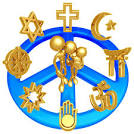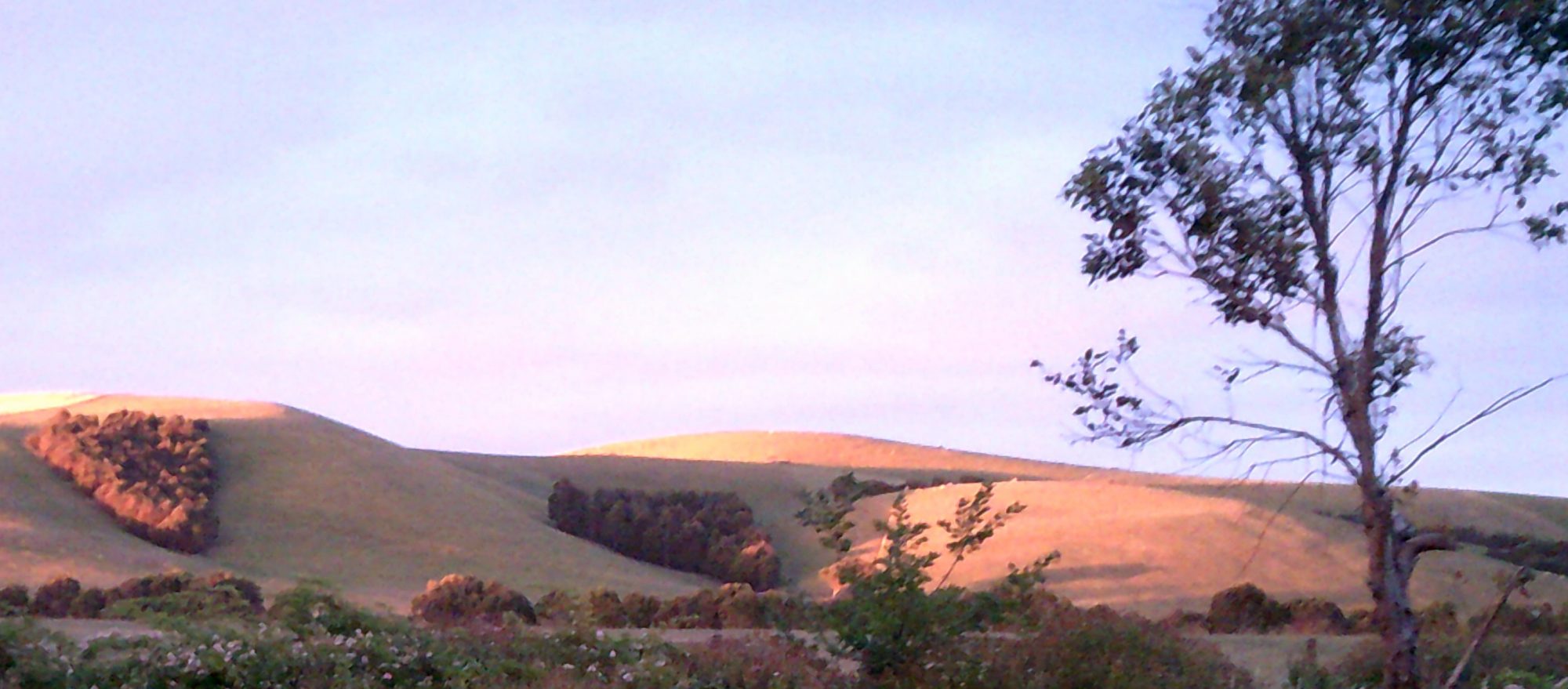
I have been having a heated discussion on Facebook over the demonstrations by Hasidim against the Eurovision Song Contest being performed on the Sabbath in Israel. My view has always been that if you visit a country you abide by the laws and customs. Pending the Eurovision event, the criticism of Israel over its religious laws by the west has been astounding.
What really prompted the Facebook discussion was a picture of three women who stripped down to their bras to cause the Hasidim to turn away. The Hasidim did turn away, from my view, as a mark of respect. From the view of others, they turned because of religious convention. Both might be true, however, the point for me was how much respect did the women have for the Hasidim? None! Moreover, how much respect did they have for themselves? Modesty not being a popular trait these days! Anyway, to cut a long story short, the discussion on Facebook turned one about the separation of powers, a discussion, which has turned into outright hatred for any form of religious belief. Where is the balance? I ask myself. Here is my response.  To the writer of the post on Facebook.
To the writer of the post on Facebook.
Some time ago I would have agreed with you on the separation of powers, but now (…)??? Take a look at our secular world, where is the morality, where is the care for others? Even our language has changed from prose to outright assault. The more the institutions grow, the more power they have and the more likelihood of corruption and abuse, that applies to religions and secularism. We cannot say one is better than the other!
The argument for democracy against theocracy is skewed. How many wars have been fought in the name of democracy? Further, religion is defined as a belief system, hence atheism is classified as a religion, as is science, by many postmodern theorists. Today, thanks to Derrida we have different ways of examining things, instead of asking what is right and what is wrong with institutions we ask where is each institution right and wrong.
There are many good religious people. The fundamentals of religion are based on goodness. What people do in the name of religion is another issue. There is very little in secularism to unify people the way religious belief does and there is a very basic reason that this. Religion lifts us from the day to day experience in order to look at things from another perspective. The French philosopher Blanchot wrote that in language it is not the words that give the sentence meaning, it is the spaces in between. If we removed all the spaces then what we would have would be a language of confusion; gobbledygook! The same applies to the place of religion in the social order. It gives us space to reflect, to praise and to better evaluate. Religion does not need a figurehead (as in Christianity) to many God, Allah and Adoni are simply the force that created the universe and gave us a space to live within it, all others are prophets and teachers.
Don’t you think if we had more respect for this universal power, we might also have better respect for our planet and all the creatures that live on it? Religion provides hope and we cannot give up on hope.
________________________________________________________________
Space on Facebook is of course very limited for such a discussion, but I am dismayed at the way so much hatred is being generated against those who have beliefs extending beyond the personal or the political. We need to believe that a better world is possible, if we don’t what else is there? Those who condemn religion per se, have not looked closely at the demands of the New Age Movement, which in and of itself, is a religion and a signifier that some kind of transcendent is needed.

 Image: Extinction Rebellion.
Image: Extinction Rebellion. 